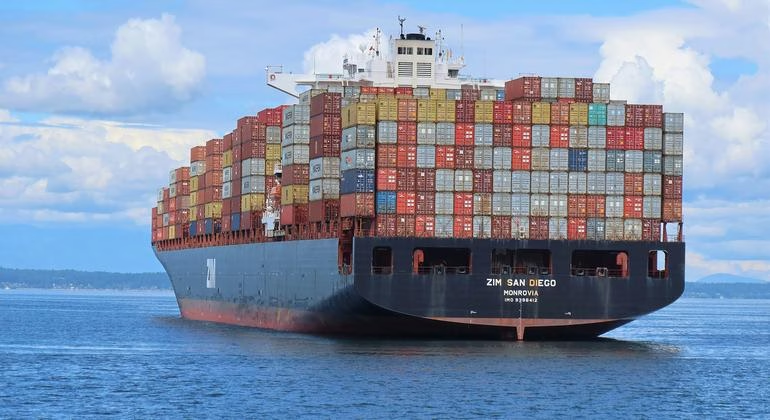Ships that transport grain, clothing, electronics, automobiles, and many other goods are responsible for 3% of global greenhouse gas emissions. In April 2025, the International Maritime Organization (IMO) decided that the industry should become net-zero by the middle of the century. The move demonstrates the importance of international cooperation and the United Nations. Twenty billion ton of cargo are transported each year. In 2011, the IMO introduced energy efficiency measures for ships. In 2018, member countries set the first international greenhouse gas (GHG) emissions targets. In 2023, the IMO increased its GHG emissions goals. Ships bigger than 5000 tons account for 85% of GHG emissions in the sector. Ships smaller than 5000 tons do not have to follow these new measures. The new IMO measures may raise consumer prices, but the organization is doing a thorough evaluation of the impacts. The production of alternative fuels and the training of mariners need additional investment. The IMO is also addressing marine noise, bio-invasions, and biofouling.
Source: https://news.un.org/feed/view/en/story/2025/05/1163241









